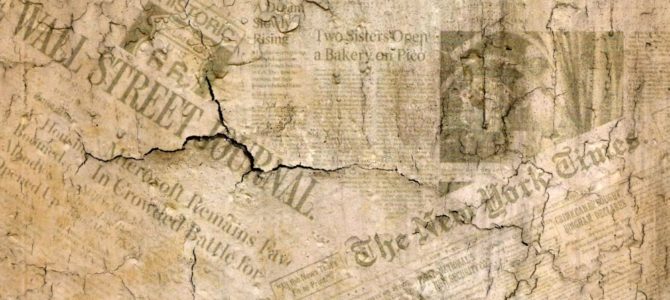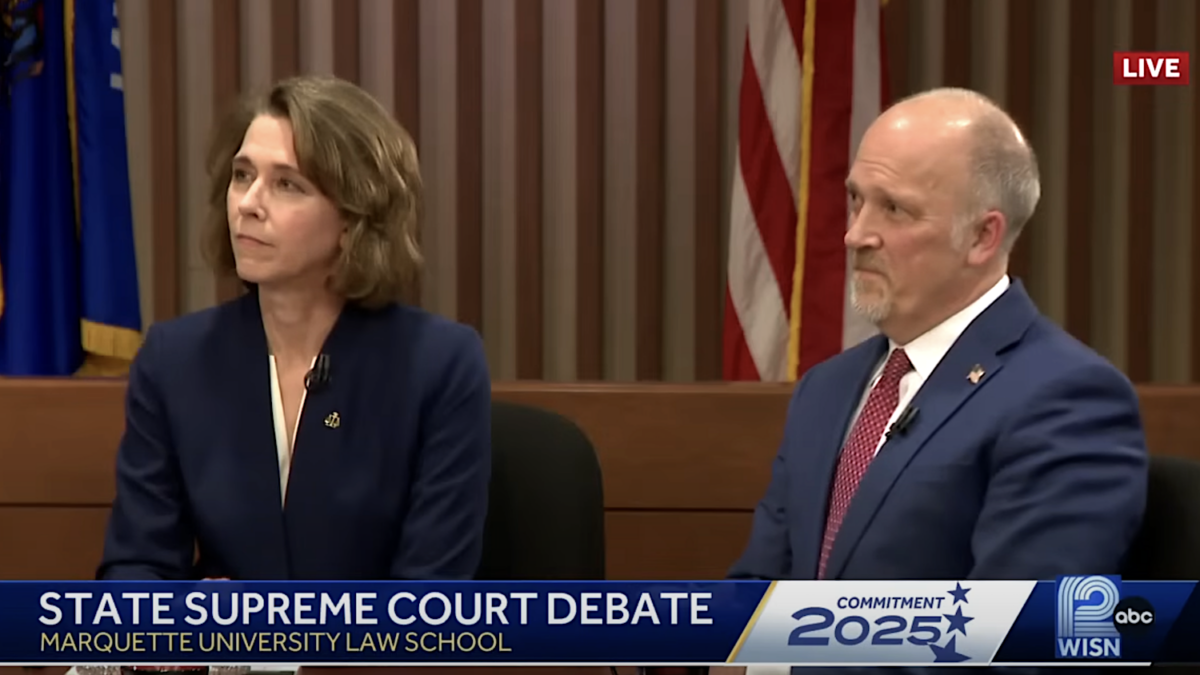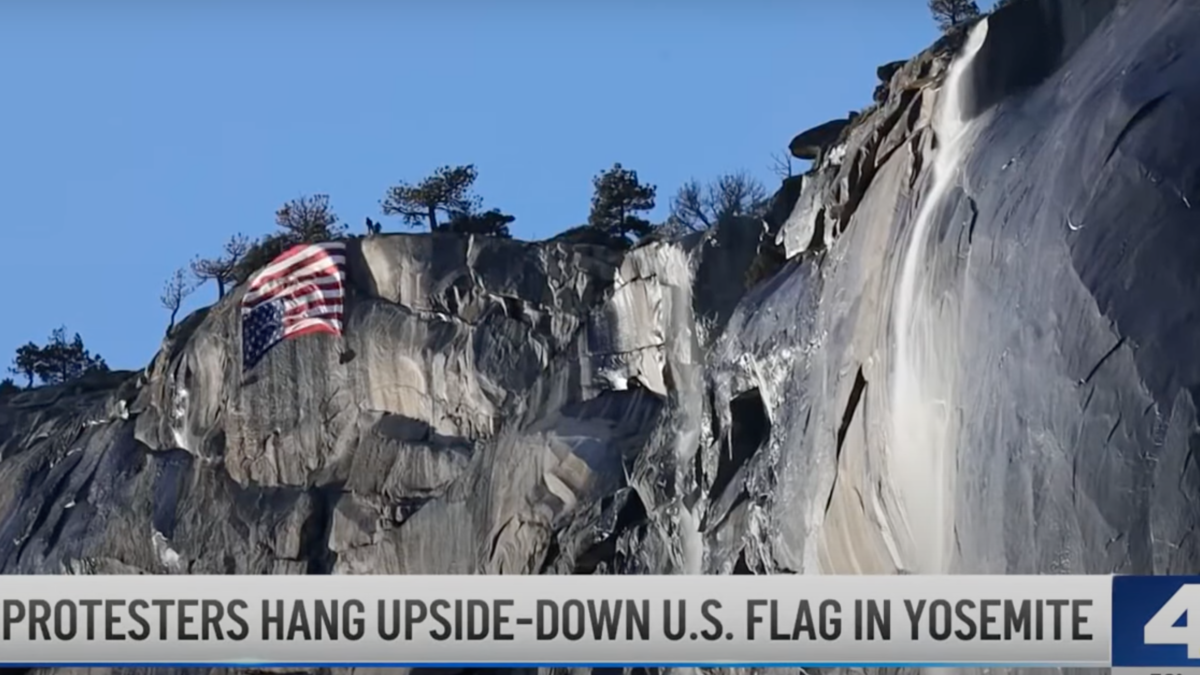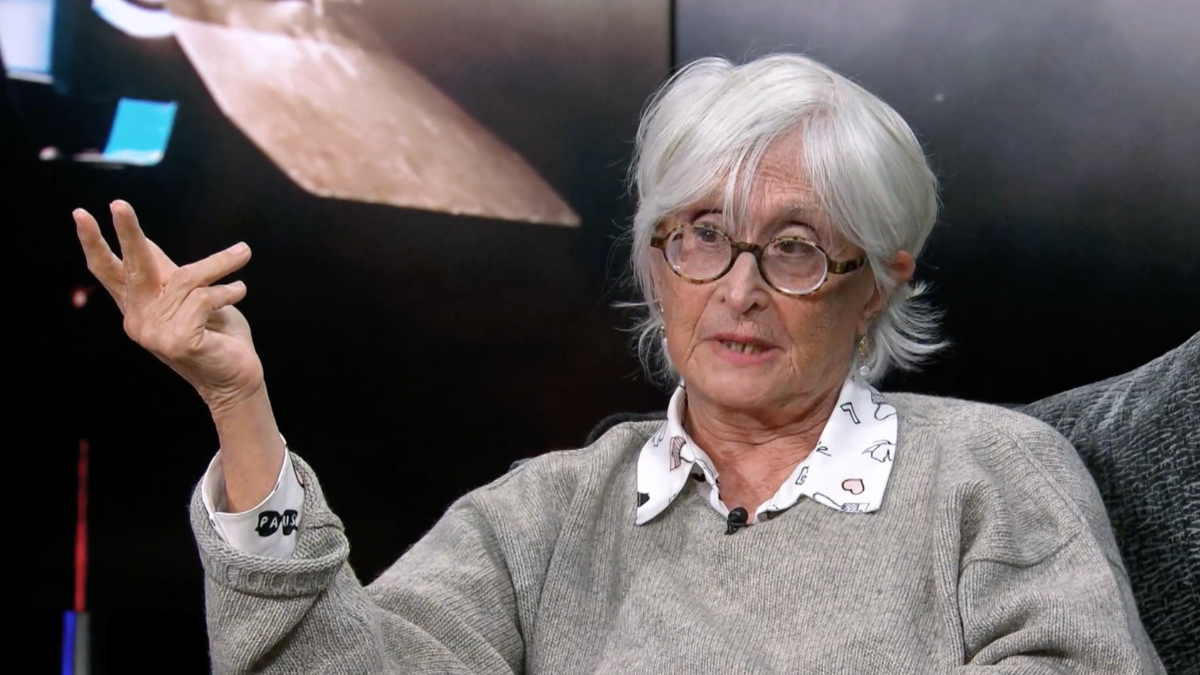
Free speech is perhaps the most important liberty Americans enjoy. People exercise it every day without even thinking about it, and for good reason it is mentioned in the very first amendment to the U.S. Constitution. But free speech is more than just the words in the Bill of Rights. Before there was a law, there was the idea of free speech. The law limits the government to protect the right, but does not define the right.
More than simply a legal issue, free speech is a part of American culture—an important distinction. If free speech meant only the words in the Constitution, if all it guaranteed were that the government could not jail us for our words, it would be a dead letter. Governments across the world guarantee rights in their laws yet violate them daily.
Indeed, free speech was not invented in 1791. The law only codifies what the Founders and their contemporaries already believed: that a free people must be allowed to openly express themselves, and that the cure for bad ideas is good ideas, not censorship.
The First Amendment is essential, but the American people believe in the principle of free speech. That includes more than just being free of government punishment. It includes the idea that no power — be it government, corporation, or mob — should be able to suppress the free exchange of ideas.
We often speak of the “marketplace of ideas,” and just as with markets for goods, the concept came first, and laws to protect it followed. Now, the concept is under threat. Should it fail, and should deplatforming, monopoly pressures, and “heckler’s vetoes” become accepted practices, then no matter what the law says, free speech as a concept will die.
The English Roots of Free Speech
Many of the freedoms enshrined in the Bill of Rights echo those proclaimed a century earlier in England’s 1689 Bill of Rights. Free speech is mentioned there, but only for members of Parliament, whom the Crown sometimes arrested for things they said on the floor of the House of Commons.
This is replicated in the American Constitution’s Speech and Debate clause in Article I. The broader guarantee of free speech found in the First Amendment protects a different right, one possessed by all Americans, which developed independently of the rights of legislators.
It follows that free speech did not develop as rigorously in Europe as it did in America because, while it holds positive benefits for people everywhere, only in a democratic republic is it truly necessary. As Britain grew more democratic after the Glorious Revolution, its political thinkers began to see the value of free speech in helping the people to decide how they would be ruled.
Newspapers, once subject to strict licensing requirements, became free to publish articles in opposition to the government of the day. The theory of free speech, advanced most prominently by John Milton 50 years earlier, began to find widespread acceptance.
Early calls for free speech were closely linked with religious freedom. Milton’s idea, which now seems obvious to most Americans, was that people should be able to publicly disagree about ideas rather than having the “correct” answer dictated by some authority. In such a system — so the theory goes — the truth would prevail. In “Areopagitica,” Milton notes:
Though all the windes of doctrin were let loose to play upon the earth, so Truth be in the field, we do injuriously, by licencing and prohibiting to misdoubt her strength. Let her and Falshood grapple; who ever knew Truth put to the wors, in a free and open encounter. Her confuting is the best and surest suppressing.
Essentially: let truth and lies fight it out, and trust people to discern the difference.
Milton’s idea came in response to English licensing laws, but it can be applied to all speech, whether or not the government is involved. In Milton’s time, only government had the power to silence someone, but his conception of free speech is a broadly anti-coercion principle. People should be free to decide ideas without force being applied from any corner.
Milton’s main concern was disputes over religion, as he believed all people should be able to figure out for themselves the path to salvation, but if that most important of decisions should be left to a marketplace of ideas, there’s no obvious argument as to why less crucial things shouldn’t as well.
A generation later, John Locke — like Milton — favored the freedom to dispute important matters without coercion from a more powerful earthly entity. In “A Letter Concerning Toleration,“ Locke makes the point that while public disputes might convince people and help them discover the truth, simple coercion only shuts people up:
It is one thing to persuade, another to command: One thing to press with Arguments, another with Penalties. … For Laws are of no force at all without Penalties, and Penalties in this case are absolutely impertinent; because they are not proper to convince the mind.
This point is especially important in matters of salvation, where belief matters, but is also true in a democracy, where suppressing speech will not change people’s minds on a political issue and may even harden their opposition.
Locke and Milton lived in a world where people strove for the freedom to choose their religion. Implicit in that freedom was a need to be able to listen to and speak about different ideas on salvation without getting jailed for heresy. Choice required information, and information required free speech.
These ideas were more influential in the American colonies than in the mother country. With the sentiment for self-government growing in the colonies ever since the Mayflower Compact, people expected to choose not only their faith but their form of governance. What the Reformation did for religion, the American Revolution did for politics.
Free Speech and the American Revolution
Even before independence, Americans were testing the limits of free speech. In 1735, newspaper publisher John Peter Zenger was charged with seditious libel when his New York Weekly Journal criticized the colonial governor, William Cosby.
From the beginning, the colonists resisted the idea that Zenger’s words were a crime. A grand jury refused to indict him, so Cosby saw to it that Zenger was charged by information, which only requires a judge’s assent.
At the time, the law didn’t match colonial inclinations. In England — and thus in its colonies — truth was no defense to a charge of seditious libel. Zenger’s attorney, Andrew Hamilton, knew the law condemned his client, so he argued from principle:
It is a right, which all free men claim, that they are entitled to complain when they are hurt. They have a right publicly to remonstrate against the abuses of power in the strongest terms, to put their neighbors upon their guard against the craft or open violence of men in authority, and to assert with courage the sense they have of the blessings of liberty, the value they put upon it, and their resolution at all hazards to preserve it as one of the greatest blessings heaven can bestow.
The jury agreed. Today, we would call what they did jury nullification. By whatever name, it showed that even before separating itself from Britain, the ideals of this country inclined toward recognizing the natural right to free speech. While freedom to speak and to publish one’s own ideas, even in opposition to the government, was not guaranteed in common law or in the English Bill of Rights, the people forced the law to recognize it in a case that is now considered one of the first foreshadowings of the American resistance to British tyranny.
Recognition of God-given Rights
It is crucial that the idea preceded the law, especially as we consider how the American Bill of Rights works. When the Constitution was written, it included no explicit guarantee of rights. As a limited government, the document’s authors reasoned, Congress and the American president did not have the power to restrict the people’s rights even if they wanted to do so.
Anti-federalists didn’t trust the new federal government to restrain the expansion of its own powers, and insisted on a Bill of Rights. The First Congress duly enacted it in 1789, and the states ratified it within two years.
The anti-federalists were wise in their skepticism, but what they demanded was not the creation of new rights. They insisted only on what the colonists had demanded from the British Crown before the Revolution: the recognition of their rights. Free speech already existed; the people only wanted the government to admit that and to agree not to infringe it.
That is standard natural rights theory. It explains where our rights come from, which is important to understand the theory of rights, but it also has a more practical effect. Rights invented by the government depend on the government and may lack popular support.
As Frédéric Bastiat would later write, “No society can exist unless the laws are respected to a certain degree.” Rights that come from nature and are acclaimed by the people even before being codified in law possess inherent staying power. Respect for the practice of free speech and the laws enforcing it reinforce each other and make the right one that the government is not able to trample.
In his debates with Stephen Douglas in 1858, Abraham Lincoln said with relation to slavery what Bastiat said of all laws — without a public that believes in the principle, the law will fail:
In this and like communities, public sentiment is everything. With public sentiment, nothing can fail; without it, nothing can succeed. Consequently, he who molds public sentiment goes deeper than he who enacts statutes or pronounces decisions. He makes statutes and decisions possible or impossible to be executed.
Douglas effectively agreed, although he used the point to further his own position: “In free countries, laws and ordinances are mere nullities, unless sustained by the hearts and intellects of the people for whom they are made, and by whom they are to be executed.” Ultimately, however, both men understood that without the people behind it, any law could be undermined and eventually erased.
It is important, as we renew the generational fights over free speech, to remember which came first. Free speech in America is not a custom of deference to the law — it is the law’s deference to the people’s ancient cultural right.
As Americans won the freedom to choose how and by whom they would be governed, the rights to speak and to publish now affected more than personal and spiritual decisions. If the government deprived people of their right to speak freely and to publish their opinions, the result would go beyond the psychic injury inflicted by censorship in a monarchy. It would impair the very functioning of the republic. Free people require free speech.








